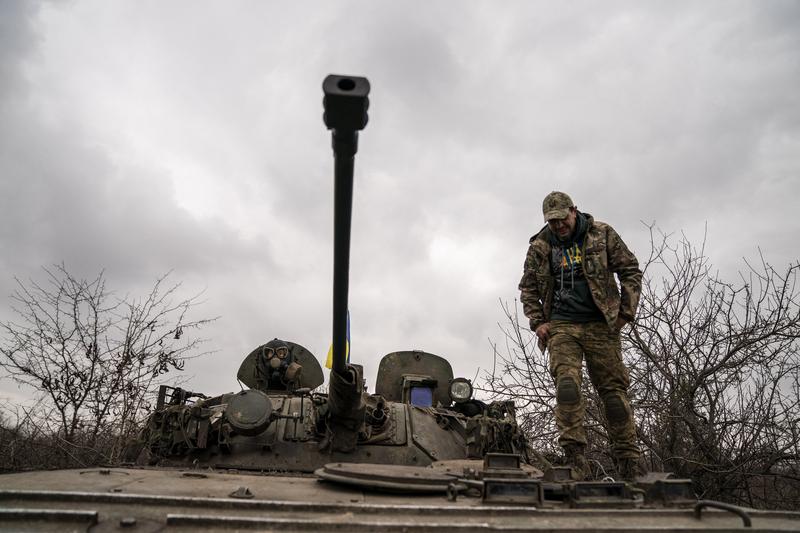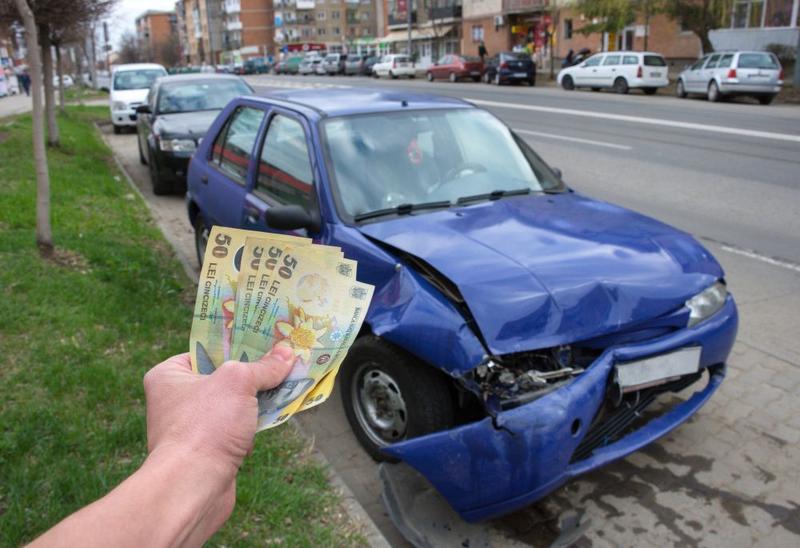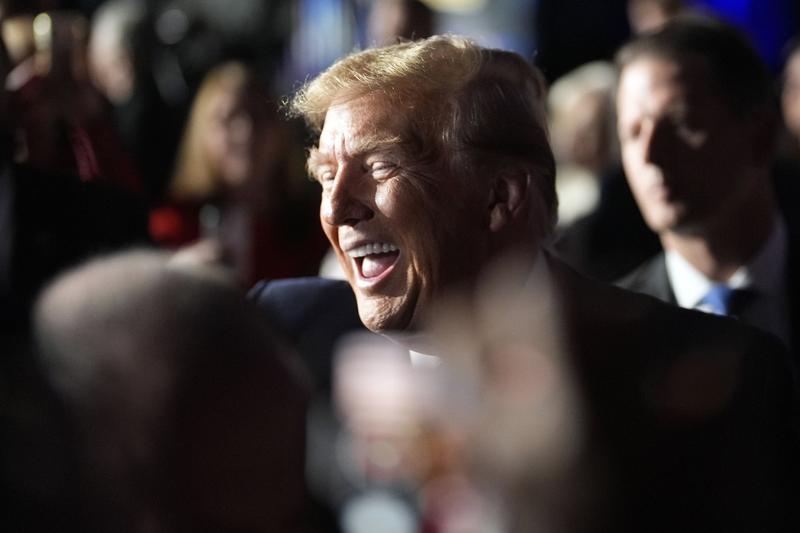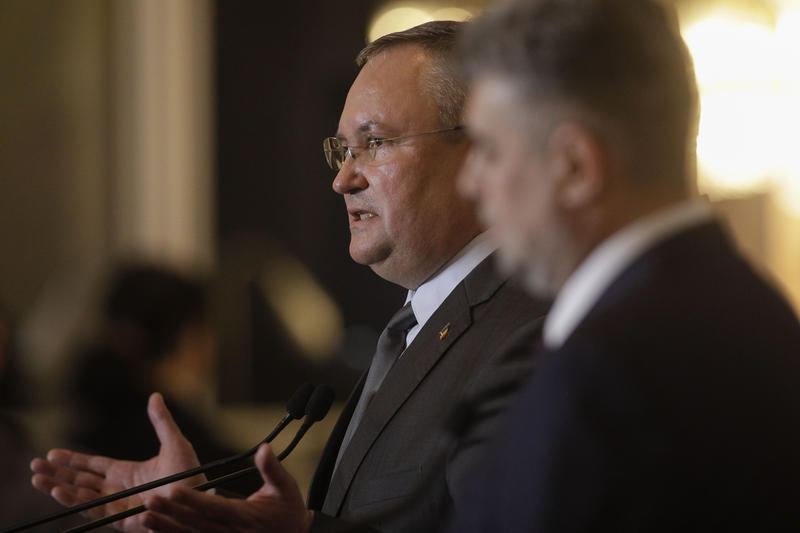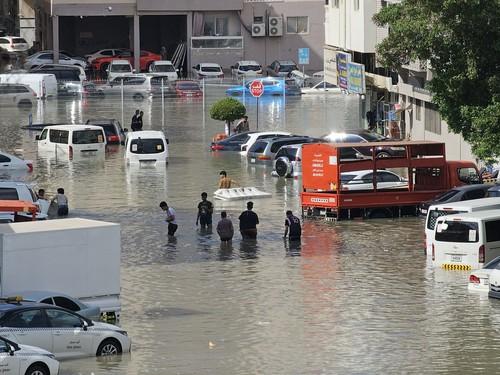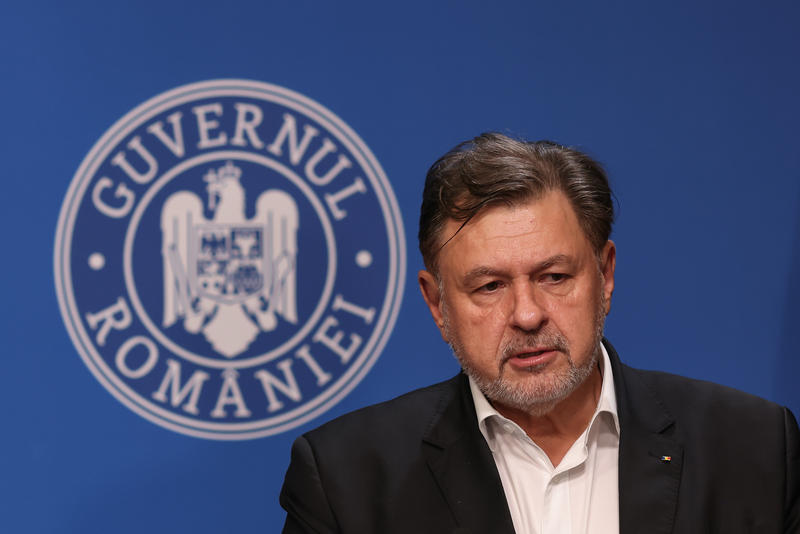Bucharest newspapers on Tuesday debate a new Transparency International report that describes Romania as EU’s most corrupt member state as of January 2007. A series of controversial revelations against top former politicians in Bucharest, made by a defected Securitate officer for outlets of one media group in the country, also spark considerable talk.
And so does the preparation of main parties in Romania for the future European Parliament elections.
Romania is Europe’s vice-champion of corruption, headlines Adevarul. It quotes a Transparency International report on Monday that places Romania 84th among 163 countries in terms of how businesspeople and other decision makers view the spread of corruption nationally.
The 3.1 points in TI’s Corruption Perception Index (on a scale from 0 to 10, where zero means totally corrupt) makes Romania the second most corrupt European country after Albania (111 points) and the most corrupt future EU member state.
Cotidianul reads the report between the lines and reports that “Romanians see themselves as the most corrupt of Europeans” and points out that Romania places worse than even Turkey, a country that is just preparing for EU accession negotiations.
Meanwhile, Jurnalul National sparked quite a fuss with the publication yesterday of a list of people whom a top defector of the communist secret police the Securitate, Liviu Turcu, accuses of having collaborated with the Securitate.
The 11-name list includes a long series of former government members and even two ex-PMs, while Turcu himself came to prominence by claiming that Romania’s first nominee for a seat in the European Commission was a Securitate collaborator.
Jurnalul National today publishes the detailed allegations presented by Turcu during a talk-show on TV station Antena 1 last night, hosted by Jurnalul National editor-in-chief Marius Tuca.
The allegations focus on former members of the Social-Democratic government and the preceding governments, including ex-PMs Adrian Nastase and Radu Vasile.
That sparked quite an ado in the media with Gandul director Cristian Tudor Popescu wondering today how come Turcu never spoke about such serious issues so far, if he claims to be the “living consciousness of the nation”.
And how come all of Turcu’s names are former officials, as none is a member of the current power structures.
For its part, Adevarul quotes many of the accused, who claim “the so-called revelations have nothing to do with reality. They’re complete nonsense”, as one of them put it.
Elsewhere in the newspapers, Evenimentul Zilei continues to scrutinize the activities of Romania’s low-profile nominee for a seat in the European Commission, Leonard Orban.
The newspaper notes that he was such a good negotiator - a fact proven in talks that led to Romania’s EU accession - that two years ago he bought two apartments from a businessman with interests in Brussels, at a price much below the market average.
The same Evenimentul Zilei discusses the “major dilemma of Euro-observers”, as their parliamentary status forces Romania’s delegates to the European Parliament to make a choice between Bucharest and Strasbourg.
That is, because 35 Romanian deputies and senators are now Euro-observers and, once the country joins the Union, will become full-fledged members of the European Parliament, making them incompatible with the status of Romanian deputy/senator.
Gandul also reports that Romania must nominate people for a long series of other EU institutions, including the European Court of Accounts and the European Court of Justice - a process that is already challenged by a former presidential aide, Renate Weber, who has claimed irregularities in how things are done in this regard.
And Cotidianul reports that elections for the European Parliament will prove a real test for the governing alliance in Bucharest, grouped around the Liberals (PNL) and the Democrats (PD).
If the two parties choose not to run on common lists as the Liberals have demanded yesterday, the PNL-PD alliance may prove futile and risks collapse, the newspaper argues.



